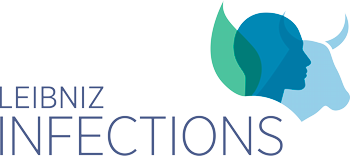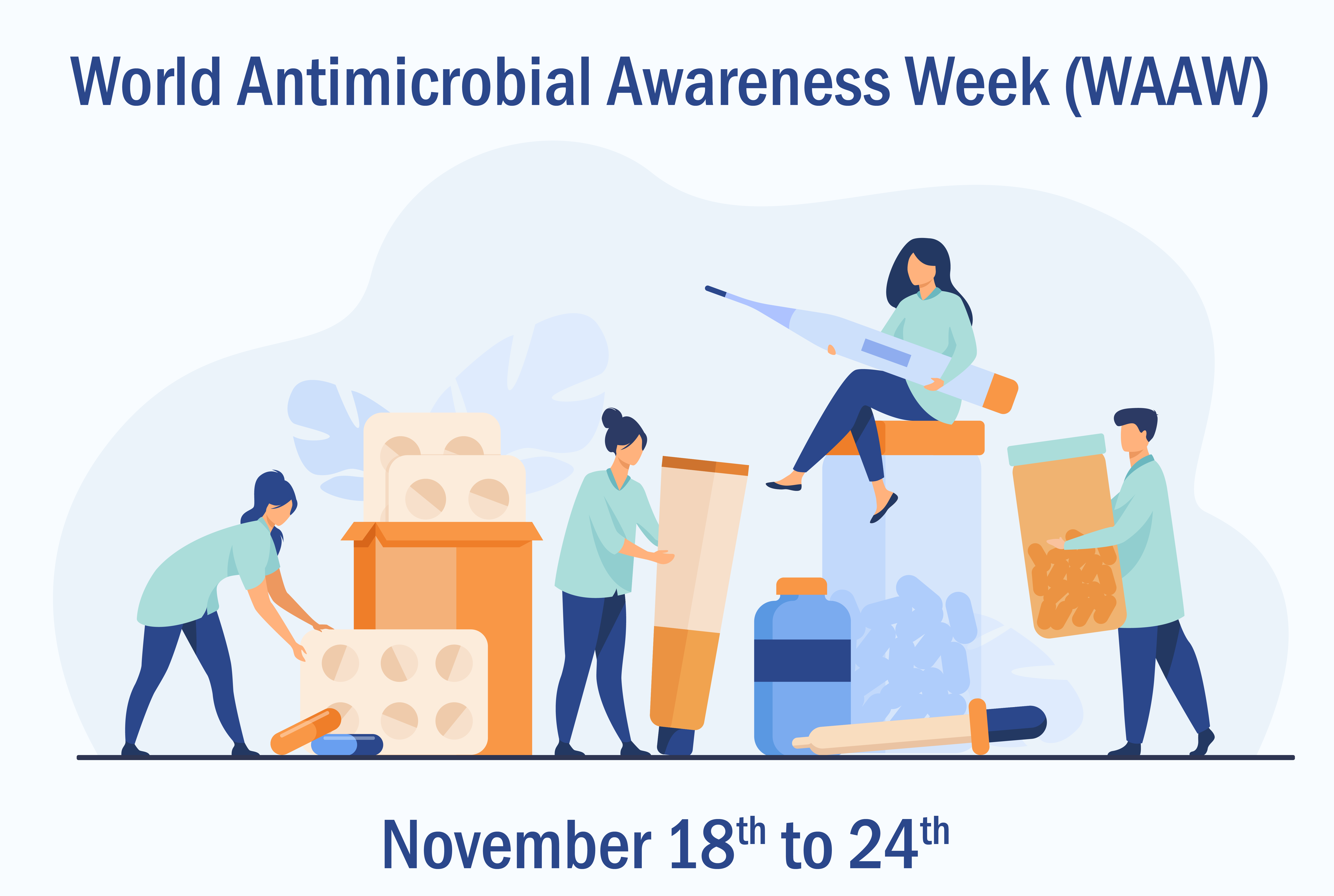November 18th to 24th is World AMR Awareness Week
Antimicrobial resistance (AMR) is not a question of “If” but rather a question of “When”. When microorganisms evolve to resist the selection pressure of antimicrobial therapy, they become a significant risk to public health. Once effective antibiotics, antifungals, antiparasitics and antivirals lose their effectiveness. The World AMR Awareness Week serves as a crucial platform to spotlight this increasing and pressing global health problem and promote worldwide collaborations for sustainable solutions.
Throughout the World AMR Awareness Week, healthcare professionals, researchers, policymakers, and the public are engaging in a variety of activities aimed at raising awareness about the consequences of AMR through communication, education and training while also fostering a sense of urgency to address the issue.
Key objectives of World AMR Week include educating the public on the responsible use of antimicrobials, promoting hygiene practices to prevent infections and usage of antimicrobials, and encouraging the development of new antimicrobial treatments. It also provides an opportunity for stakeholders to share novel research findings, discuss innovative strategies to avoid AMR development, and advocate for policies that support the fight against AMR.
"According to the WHO, 1.3 million people die worldwide every year simply because the antibiotics used on them have lost their effectiveness. Forecasts for 2050 now predict 10 million deaths per year from AMR infections if the lax handling of antimicrobial agents does not change drastically and significantly more new agents are developed than at present. That would be far more deaths than other diseases such as cancer will cause. At the same time, 10,000 new therapeutic agents have been developed against cancer, while only 77 new antibiotic agents have been developed in the same period. Infections with multi-resistant pathogens - primarily bacteria, but increasingly also fungi, viruses and parasites - represent one of the greatest challenges for the healthcare systems of poor countries in particular," explains Prof. Ulrich Schaible, spokesperson of the Leibniz Research Alliance INFECTIONS.
As part of the global effort, organizations such as the Leibniz Research Alliance (LRA) INFECTIONS are crucial in advancing research on AMR spread to contribute to the fight against AMR. Their commitment reflects the recognition that combating antimicrobial resistance requires a collaborative and interdisciplinary approach spanning biomedical, social and economical sciences.
Find out more about the AMR Awareness Week and the goals & tasks of the LRA INFECTIONS.


